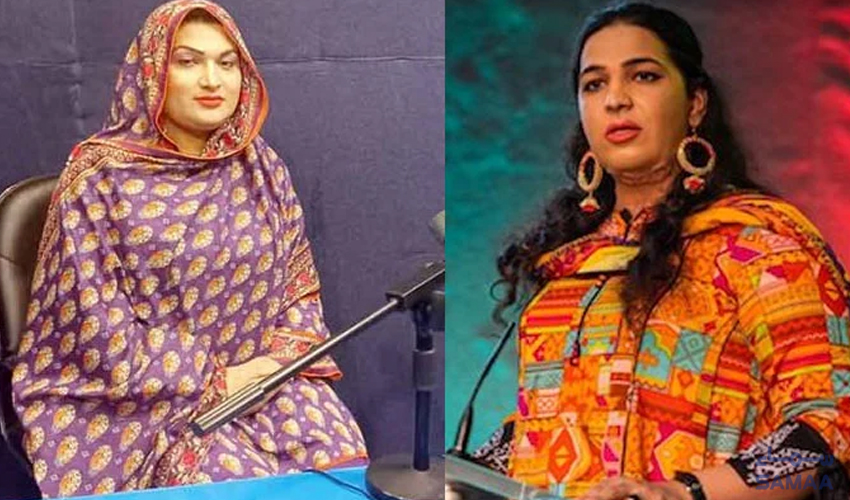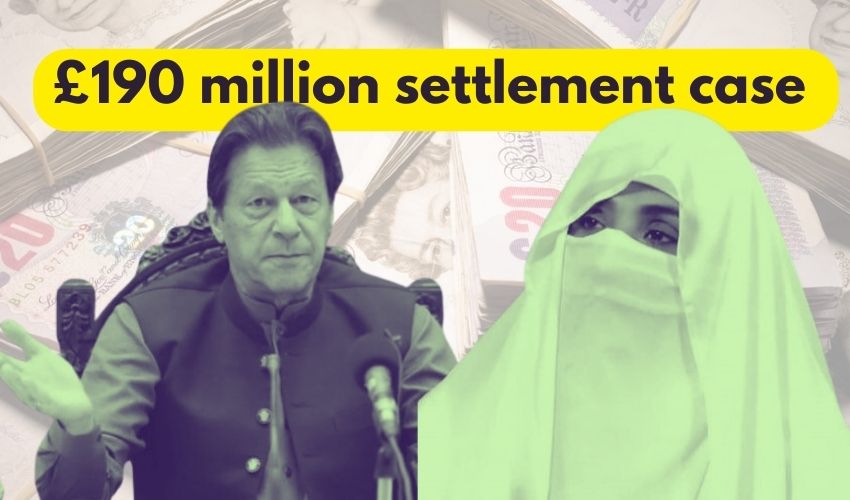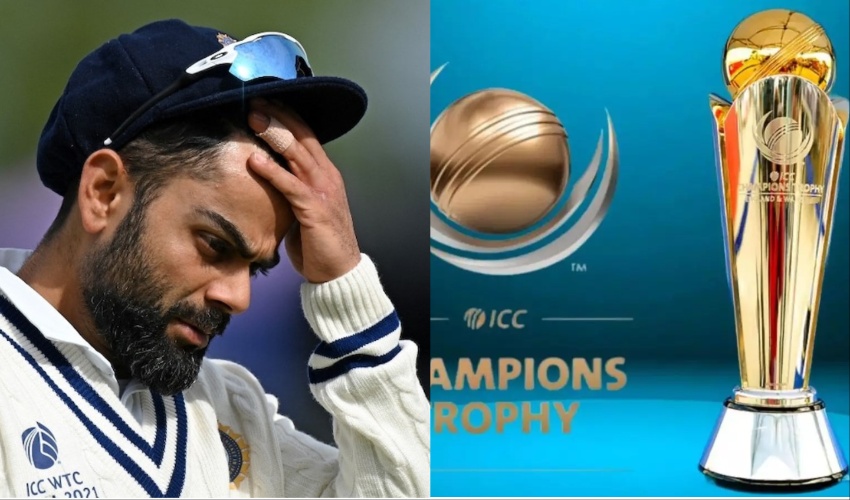A historic moment unfolded in Pakistan’s political landscape as two transgender individuals, Nayab Ali and Sobia Khan, submitted their nomination papers for the upcoming general elections on February 8th, 2024.
This marks a significant step towards inclusivity and representation, breaking down barriers that have long marginalized the transgender community in Pakistan.
Nayab Ali, a determined candidate from the National Assembly seat NA-47 Islamabad, aims to champion the rights of women and slum dwellers, recognizing the significant population of 500,000 female voters in his constituency. His voice, amplified by the aspirations of a marginalized community, promises to resonate with those seeking change and representation.
Sobia Khan, a beacon of hope and resilience, adds another layer of inspiration to this story. Holding a bachelor’s degree and the title of Khyber Pakhtunkhwa’s first transgender radio jockey, Sobia runs as an independent candidate for Provincial Assembly seat KP-18. Her platform focuses on empowering women and children within her community, drawing on her own experiences and understanding of their struggles.
The move reflects a significant shift, as in the 2018 elections, only one transgender individual, Maria, contested independently in Khyber Pakhtunkhwa. Maria’s participation garnered 536 votes, surpassing the count of several female candidates, marking an encouraging trend in the electoral landscape regarding transgender representation.
Both Nayab Ali and Sobia Khan’s candidacies symbolize a step forward in inclusivity, representing the aspirations of the transgender community in Pakistani politics. Their dedication to advocating for marginalized groups resonates, promising a voice for underrepresented demographics in the political sphere.
The voices of Nayab Ali and Sobia Khan, once silenced, now echo with the promise of change and a fight for equal rights. Their participation is not just a statistic, but a powerful symbol of progress, reminding us that true democracy thrives on diversity and the inclusion of all voices, regardless of gender or background.



























